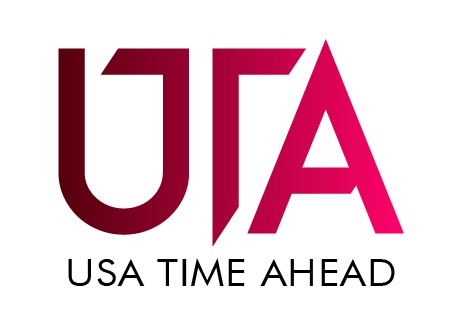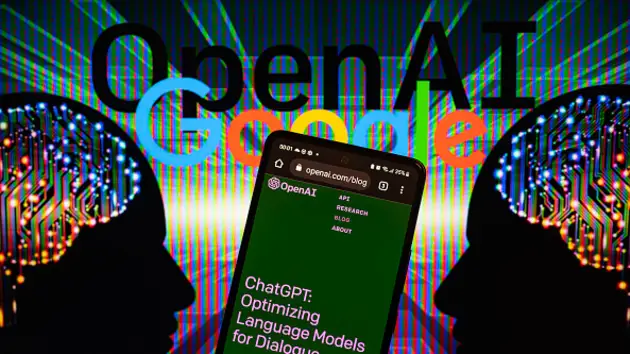- The launch of ChatGPT has started a wave of technology companies looking to integrate generative AI into their products and apps.
- Salesforce is rolling out a new product that uses OpenAI’s advanced AI models to help salespeople, customer service workers, developers and others remove mundane tasks from their workday.
- One job burden in particular being removed is writing “dreaded” sales emails, according to Salesforce Service Cloud CEO Clara Shih.Generative artificial intelligence tools like ChatGPT are changing the way that companies and salespeople are communicating with customers for the better, said Clara Shih, CEO of Salesforce’s Service Cloud business.
“You look at how salespeople work today, and most of them, they dread writing sales emails; they’d much rather be out there with customers,” Shih said on CNBC’s “Squawk Box” on Thursday. “So they can offload those tasks that are more mundane … they want to focus on engaging with the customer and problem solving.”
Shih drew a clear line between how generative AI can be utilized by the general person compared to business clients and enterprise users: “We’re not talking about writing funny poems, we’re talking about writing sales emails and customer service responses that agents can send to get back to customers faster.”
Earlier this week, Salesforce launched what it called the first generative AI CRM technology, Einstein GPT. The updated software uses generative AI technology and OpenAI’s advanced AI models that power ChatGPT to do things like create personalized emails for salespeople, responses for customer service representatives, and auto-generate code for developers, among other tasks.
“It’s really about bringing enterprise-grade generative AI to our clients, whether those are small businesses or the largest companies in the world, and doing it in a way that’s rooted in business outcomes,” Shih said.
Since the Microsoft-backed OpenAI opened ChatGPT to the public in November, seemingly every technology company has looked to roll out its own generative AI-driven tool amid the surge in interest.
Microsoft said earlier this week it would be bringing AI to its CRM and ERP applications that compete with Salesforce’s offerings, which follows the company’s previously announced plan to integrate OpenAI’s chatbot to its Bing search engine.
Google’s ChatGPT competitor, Bard, has faced pressure both internally and from investors over criticisms the technology was rushed. Meta CEO Mark Zuckerberg said that the company is creating a new product group focused on generative AI to create products for Facebook and Instagram. Snap said in February that it will integrate a ChatGPT bot into its app.
Salesforce said in a separate announcement that it was launching a ChatGPT app for Slack that could help write messages and get conversation summaries. Salesforce Ventures, the company’s VC arm, also launched its own $250 million generative AI fund.
The ChatGPT craze has gone well beyond tech too, with companies from construction equipment maker Caterpillarto financial services company Wells Fargo highlighting their AI technology efforts on recent earnings calls.
“When it comes to AI, we’ve actually been on this journey for over seven years,” Shih said. Salesforce first introduced Einstein in 2017. It currently generates 200 billion AI predictions every day, she added.
At CNBC’s Work Summit last October, Shih said that the integration of AI tools into workers’ lives was “absolutely critical.”
“Right now, so many employees feel burned out, they’re overloaded, their days are filled with mundane tasks,” said Shih, who compared how AI could help optimize things for workers to how Google Maps helps people optimize their traveling routes.
Shih said that while these tools can help workers with those tasks, it is critical that companies ensure that employees aren’t using consumer-focused chatbots.
“It’s making sure that their proprietary data doesn’t get out there in to the open,” she said.
KEY POINTS



